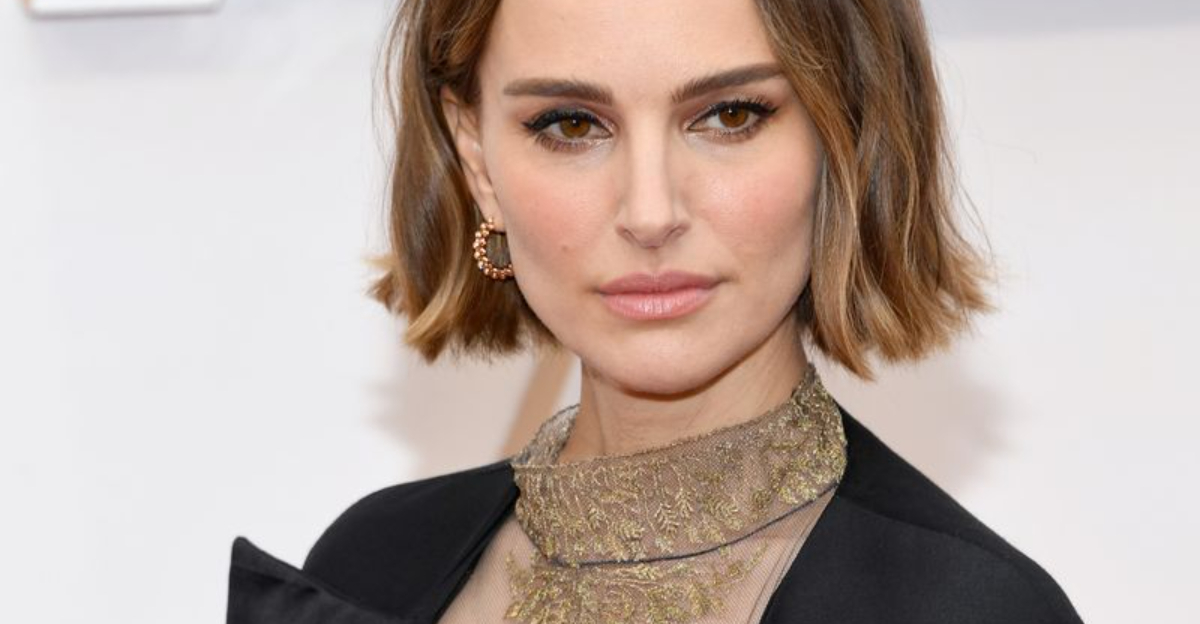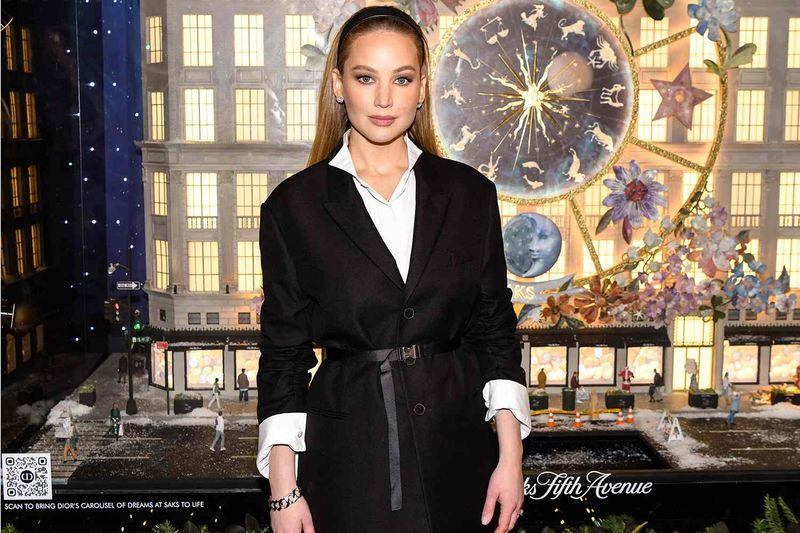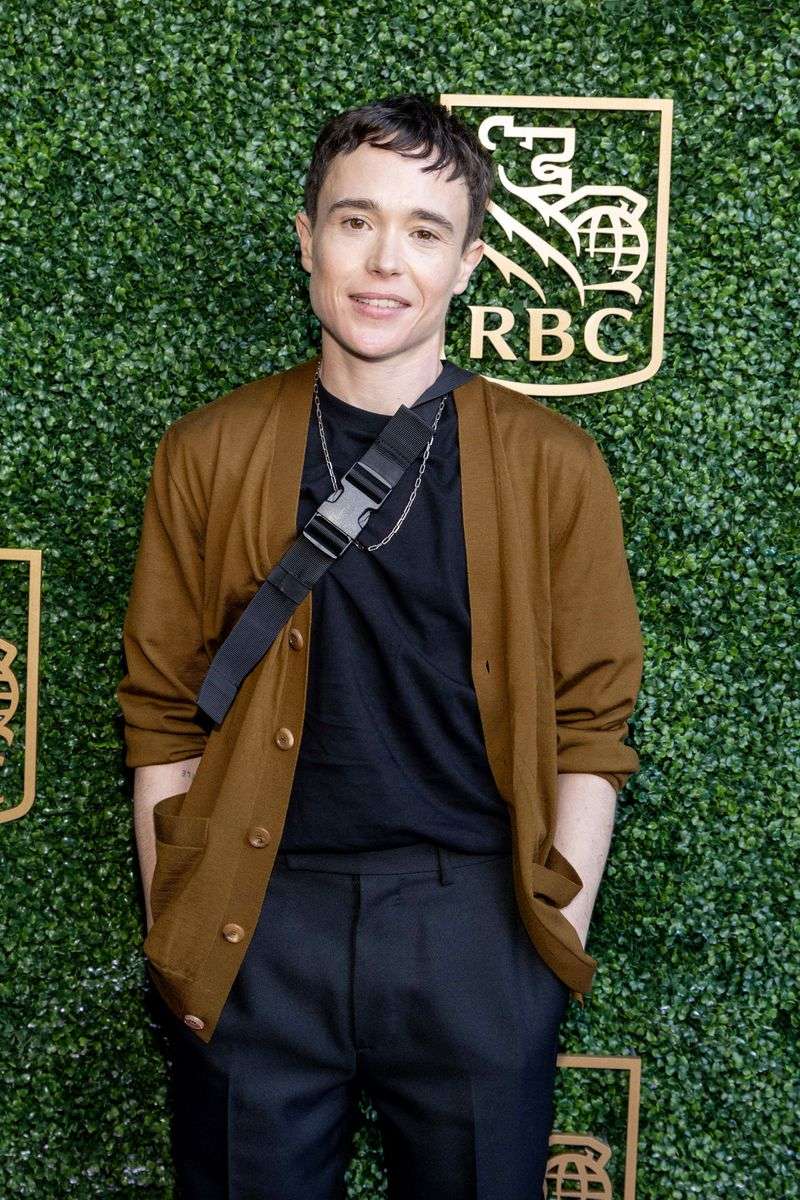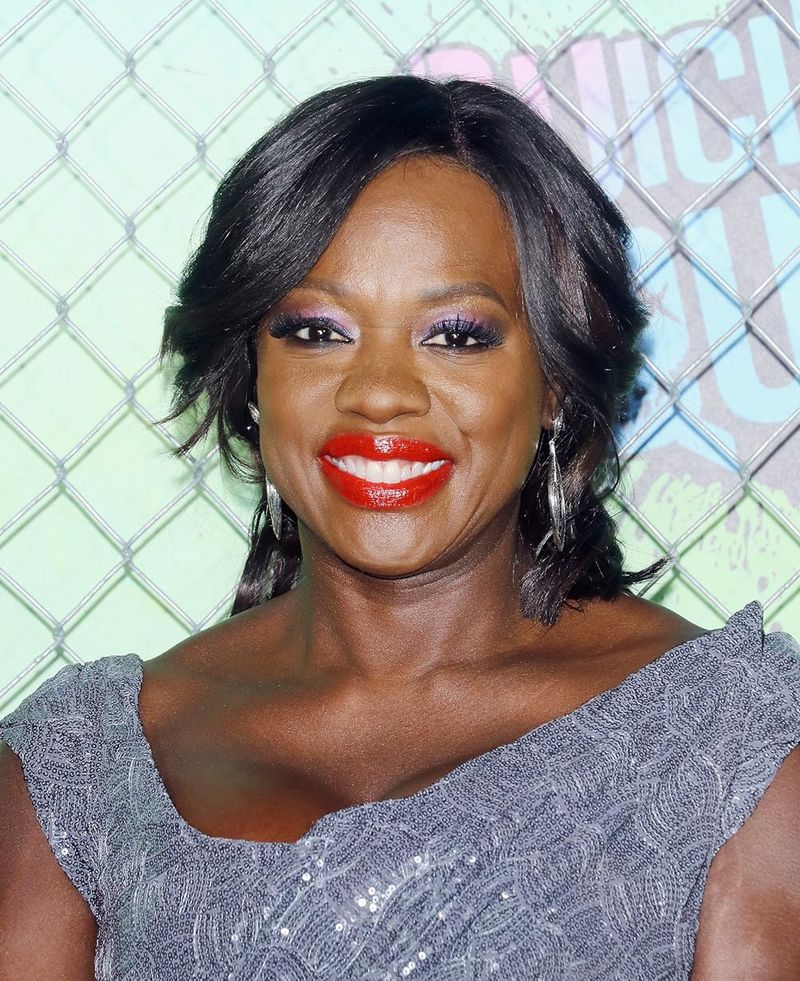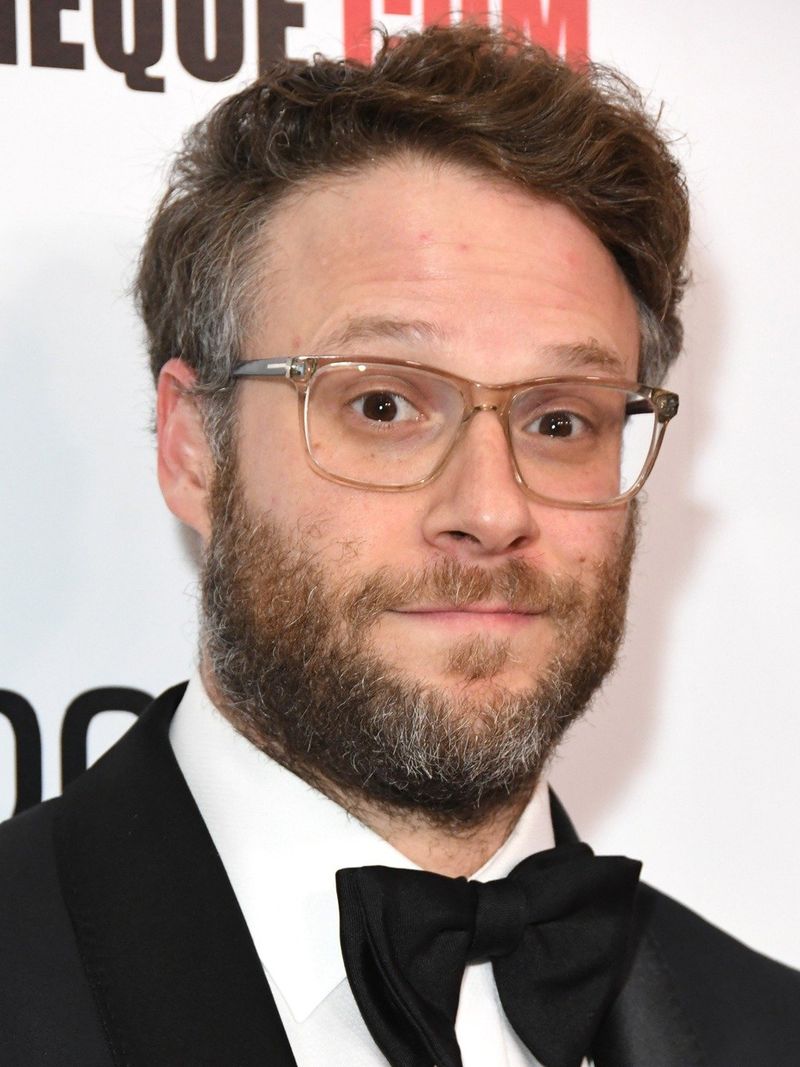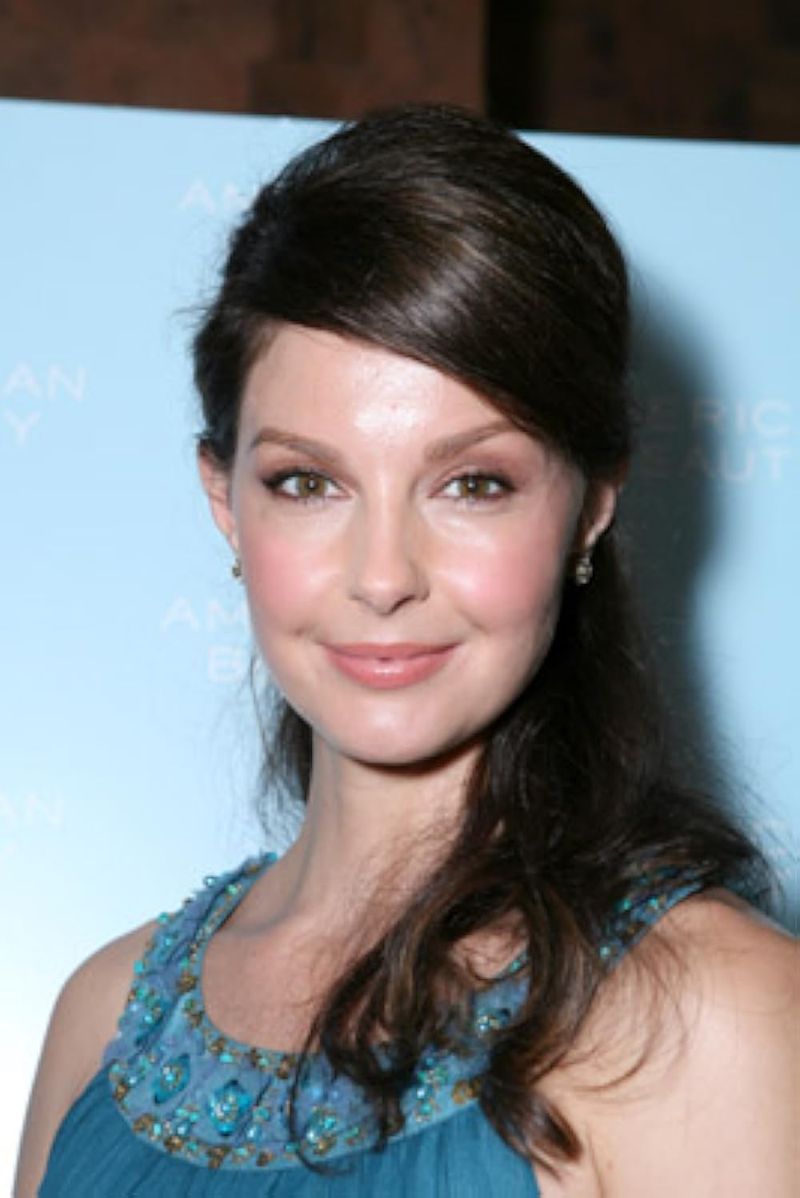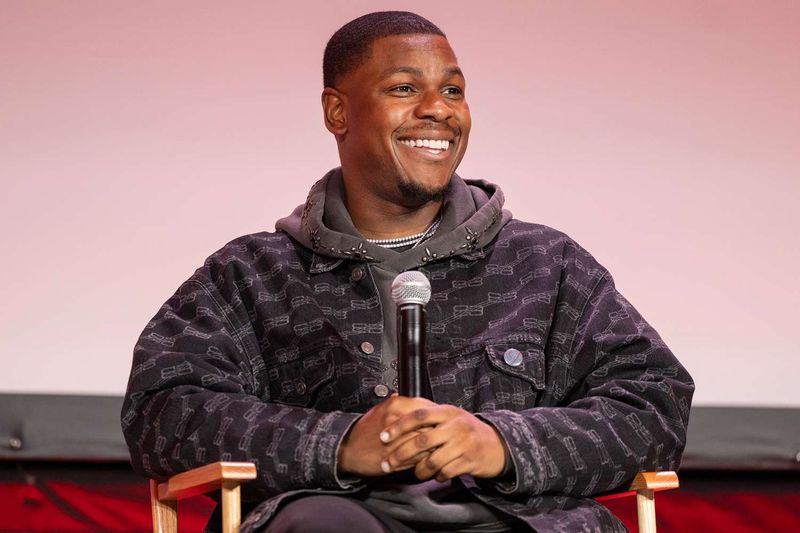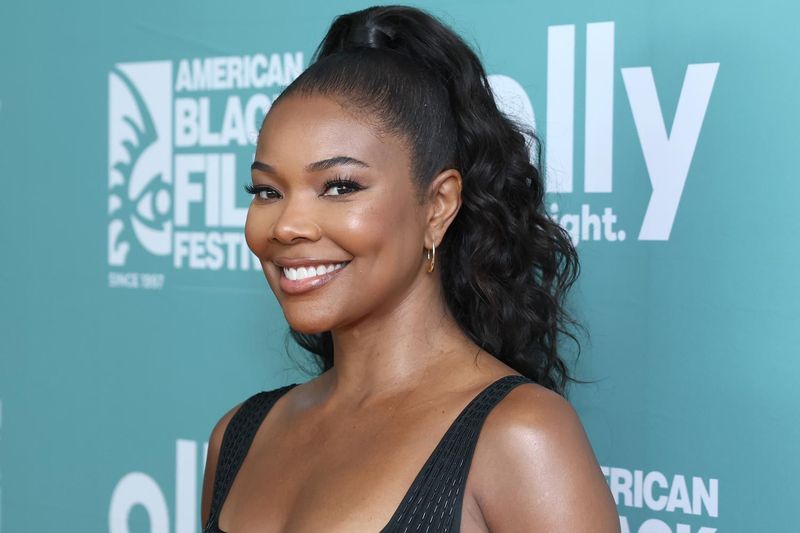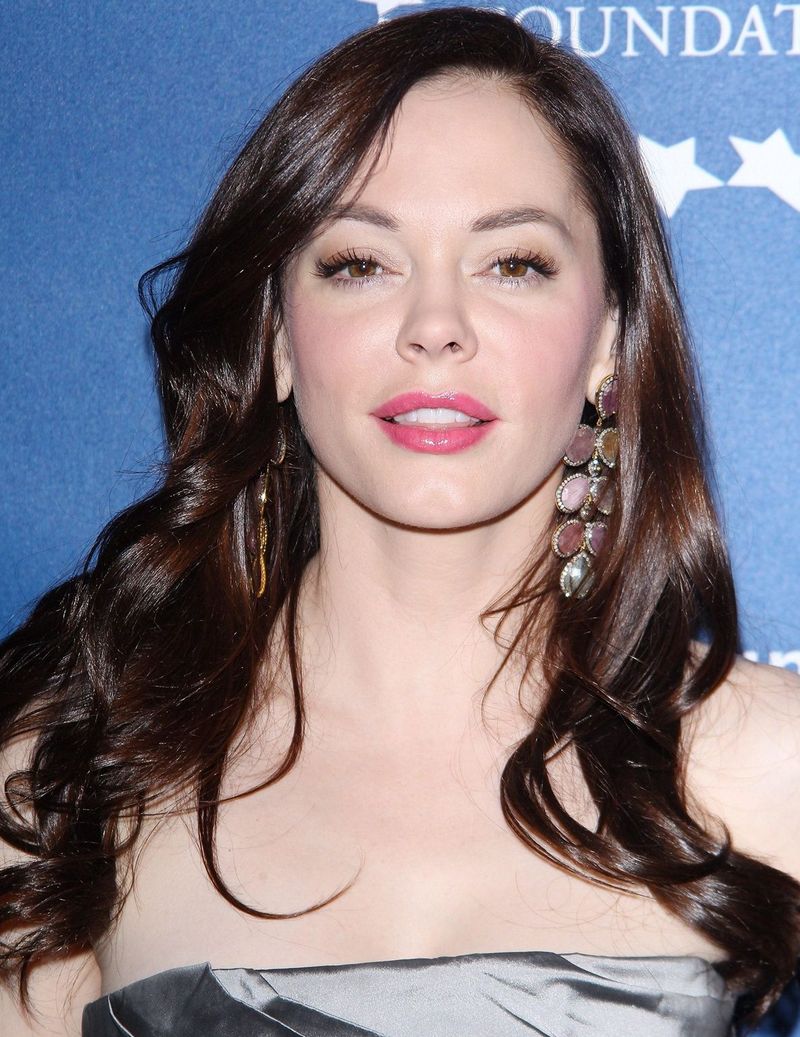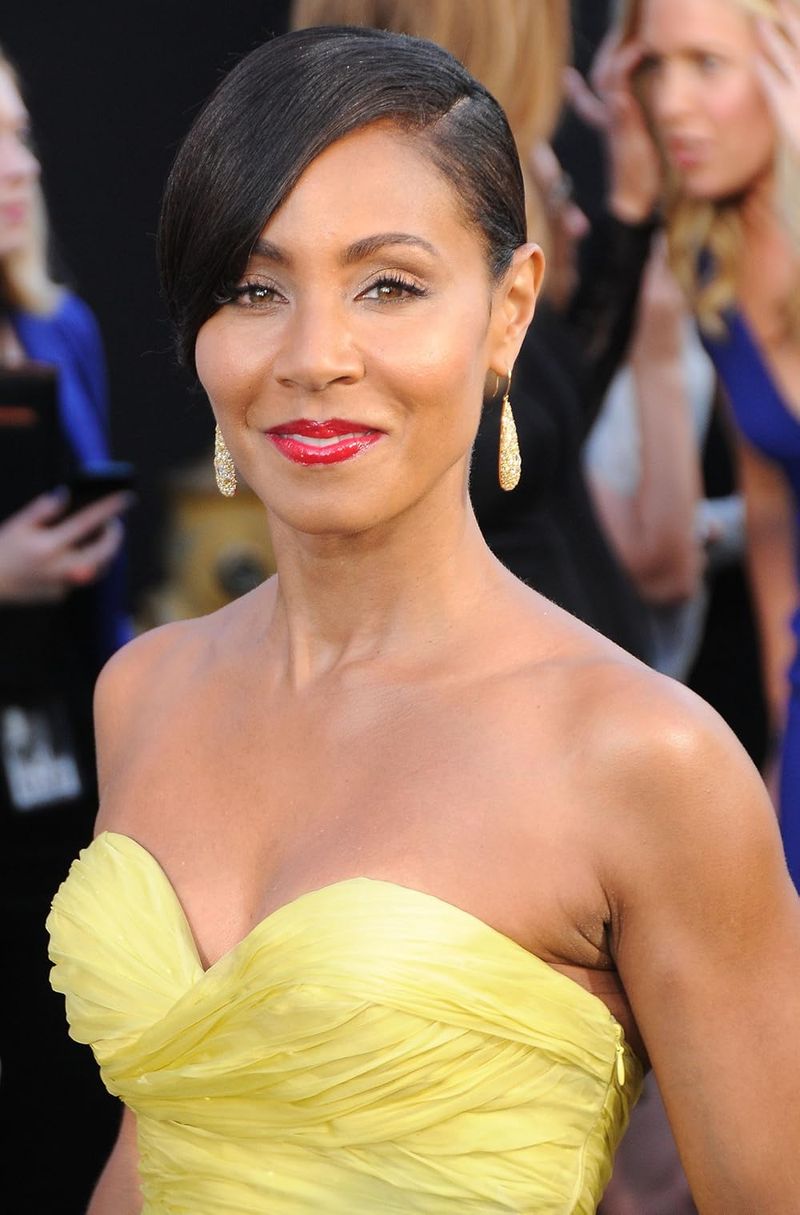Hollywood might seem glamorous from the outside, but many stars have pulled back the curtain on its darker side. From unfair pay to lack of diversity, celebrities aren’t afraid to speak up when they see problems in their industry. These brave stars risk their careers to make Hollywood a better place for everyone.
1. Jennifer Lawrence’s Pay Gap Battle
When the Sony hack revealed Jennifer Lawrence earned less than her male co-stars in “American Hustle,” she didn’t stay silent. The Oscar winner penned a powerful essay for Lena Dunham’s newsletter in 2015, questioning why she worried about seeming “difficult” during salary negotiations.
Lawrence’s candid words sparked a national conversation about gender pay inequality in Hollywood. “I failed as a negotiator because I gave up early,” she admitted, encouraging other women to stand firm.
Her bravery inspired actresses like Jessica Chastain and Emma Stone to speak openly about their own salary experiences, creating a ripple effect throughout the industry.
2. Mo’Nique’s Netflix Showdown
Academy Award winner Mo’Nique stunned fans in 2018 when she called for a Netflix boycott after being offered significantly less money than Dave Chappelle, Chris Rock, and Amy Schumer for a comedy special. She labeled it gender and color bias, refusing to back down despite massive industry pressure.
The comedian later sued Netflix for discrimination, standing firm on her principles. “I couldn’t accept that low offer, because if I did… I couldn’t sleep at night,” she explained in interviews.
Her stance sparked crucial conversations about how Black women are valued in entertainment compared to their white and male counterparts.
3. Elliot Page’s Coming Out Journey
Elliot Page’s powerful coming out as transgender in 2020 was followed by honest revelations about Hollywood’s treatment of LGBTQ+ actors. He disclosed being forced to wear dresses for “Juno” premieres despite his discomfort, highlighting the industry’s rigid gender expectations.
“I was distinctly told, I should wear a dress… There was no choice in the matter,” Page revealed in interviews. These admissions exposed how studios often prioritize marketability over performers’ identities and well-being.
Page’s willingness to share these painful experiences helped illuminate the struggles faced by LGBTQ+ performers navigating an industry still catching up to modern understandings of gender.
4. Viola Davis Confronts Opportunity Gaps
“I got the Oscar, what now?” Viola Davis famously asked after winning for “Fences.” The acclaimed actress has repeatedly challenged Hollywood’s treatment of Black actresses, pointing out how even prestigious awards don’t guarantee quality roles or equal pay.
During her Emmy win for “How to Get Away with Murder,” Davis delivered an unforgettable speech: “The only thing that separates women of color from anyone else is opportunity.” She’s consistently highlighted how Black actresses face a scarcity of complex, leading roles.
Davis refuses to accept the status quo, regularly using interviews to demand better representation and equitable treatment for performers of color.
5. Seth Rogen’s Congressional Testimony
Comedy might be Seth Rogen’s specialty, but he showed his serious side when addressing Congress about Alzheimer’s research funding. Rogen called out the shocking absence of senators during his testimony, exposing their lack of interest in a disease affecting millions of Americans.
“It’s not the first time you’ve been disappointed by your government, but it’s the first time I’ve been disappointed,” he stated bluntly. Rogen took to Twitter afterward, naming specific senators who left during his testimony.
His willingness to criticize powerful figures demonstrated how celebrities can use their platforms to hold institutions accountable, even when it means crossing Hollywood’s political boundaries.
6. Ashley Judd Takes On Harvey Weinstein
Years before #MeToo became a movement, Ashley Judd was fighting a lonely battle against Harvey Weinstein. The actress became one of the first major stars to publicly accuse the powerful producer of sexual harassment, helping break the dam of silence protecting abusers in Hollywood.
Judd revealed how Weinstein invited her to his hotel room for a “meeting” that turned into inappropriate requests for massages and to watch him shower. Her courage inspired dozens more women to come forward with similar stories.
“We need to formalize the whisper network,” Judd declared, challenging the industry’s long-standing practice of quietly warning newcomers about predatory behavior rather than addressing it openly.
7. John Boyega’s Star Wars Frustration
After starring in one of cinema’s biggest franchises, John Boyega didn’t hold back about his Star Wars experience. The British actor called out Disney for marketing his character as important, then sidelining him in favor of white characters.
“They gave all the nuance to Adam Driver, all the nuance to Daisy Ridley’s character,” Boyega stated in a candid GQ interview. He pointed out how characters of color were heavily featured in promotion materials but lacked meaningful development in the actual films.
His honesty sparked important conversations about how studios use diversity for marketing while failing to deliver authentic representation in storytelling.
8. Gabrielle Union’s AGT Whistleblowing
Gabrielle Union’s brief stint as an America’s Got Talent judge ended with her raising serious allegations about the show’s toxic culture. The actress reported racist jokes, excessive notes about her hairstyles being “too Black,” and a hostile environment that tolerated problematic behaviors.
Union didn’t just walk away quietly – she filed a discrimination complaint and spoke openly about her experiences. “If I can’t stand up for what’s right… how can I expect anyone else to?” she questioned in interviews.
Her willingness to challenge a powerful network like NBC inspired conversations about workplace discrimination in entertainment and the particular burdens faced by Black women in predominantly white spaces.
9. Rose McGowan’s Industry Exposé
Few celebrities have burned bridges with Hollywood as thoroughly as Rose McGowan. The actress-turned-activist has relentlessly criticized the entertainment industry’s treatment of women, particularly after her sexual assault allegations against Harvey Weinstein.
McGowan’s memoir “Brave” pulled no punches, calling Hollywood a “cult” that grooms young women. “They sold us a dream to keep us quiet,” she wrote, detailing how the industry maintains silence around abuse.
Beyond her personal experiences, McGowan has consistently highlighted Hollywood’s systemic problems – from pay disparities to age discrimination – refusing to soften her message even as industry doors closed to her.
10. Jada Pinkett Smith’s Oscar Boycott
When the 2016 Academy Awards featured all-white acting nominees for the second consecutive year, Jada Pinkett Smith took a stand. The actress announced she would boycott the ceremony, questioning why Black performers consistently found themselves on the outside looking in.
“Begging for acknowledgment or even asking diminishes dignity,” Smith stated in her viral video announcement. Her protest, alongside others like Spike Lee, forced the Academy to address its diversity problem head-on.
The #OscarsSoWhite movement Smith helped amplify ultimately led to significant changes in Academy membership and voting procedures, demonstrating how celebrity criticism can drive institutional reform.
